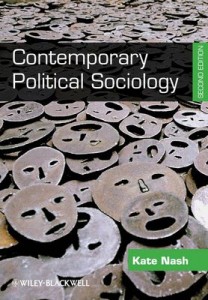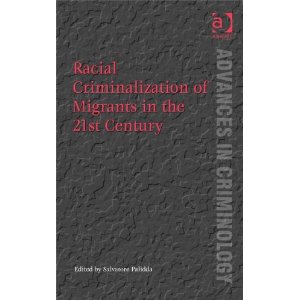Research in Social Movements, Conflicts and Change, a peer-reviewed volume published by Emerald Group Publishing, encourages submissions for Volume 34 of the series.
This volume will have a thematic focus on nonviolent civil resistance and will be guest edited by Lester Kurtz (George Mason University) and Sharon Erickson Nepstad (University of New Mexico). We encourage submissions on the following topics: variations of nonviolent strategies, the effects of repression on nonviolent movements, reasons for the recent rise of nonviolent revolutions, factors shaping the outcome of nonviolent struggles, and the international diffusion of nonviolent methods.
Research in Social Movements, Conflicts and Change (RSMCC) is a fully peer-reviewed series of original research that has been published annually for over 30 years. We continue to publish the work of many of the leading scholars in social movements, social change, and peace and conflict studies. Although RSMCC enjoys a wide library subscription base for the book versions, all volumes are now published both in book form and are also available online to subscribing libraries through Emerald Insight. This ensures wider distribution and easier online access to your scholarship while maintaining the esteemed book series at the same time.
RSMCC boasts quick turn-around times, generally communicating peer reviewed-informed decisions within 10-12 weeks of receipt of submissions.
Submission guidelines
To be considered for inclusion in Volume 34, papers should arrive by October 1, 2011.
Send submissions as a WORD document attached to an email to BOTH Lester Kurtz and Sharon Erickson Nepstad, guest RSMCC editors for Volume 34, at lkurtz(at)gmu.edu and nepstad(at)unm.edu. Remove all self-references (in text and in bibliography) save for on the title page, which should include full contact information for all authors.
- Include the paper’s title and the abstract on the first page of the text itself.
- For initial submissions, any standard social science in-text citation and bibliographic system is acceptable.
For more information, please visit the RSMCC homepage.
(via https://sozialebewegungen.wordpress.com )


